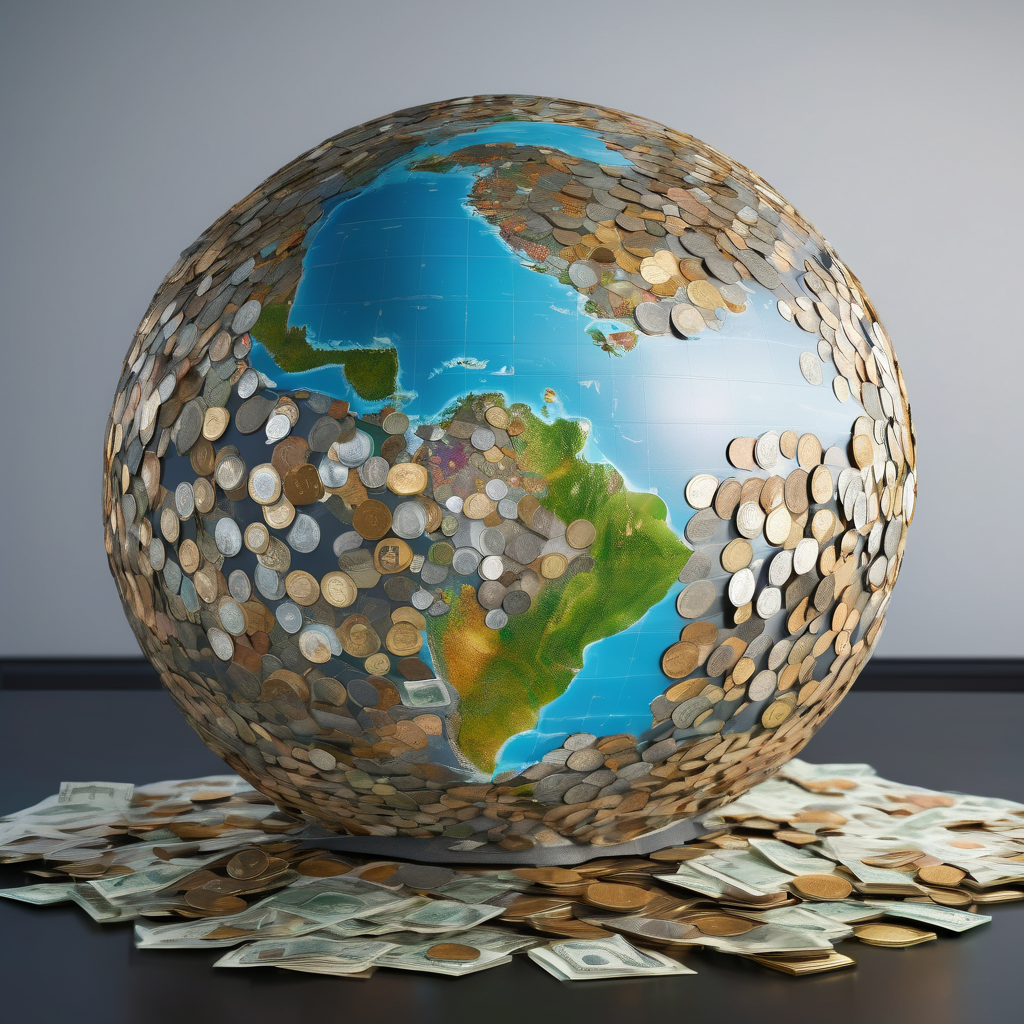UN Climate Change Executive Secretary Simon Stiell has emphasized the urgent need for world leaders to accelerate action on climate change during the COP30 Leaders’ Summit held in Belém, Brazil. Stiell pointed out that while the Paris Agreement has helped mitigate global heating, current measures are still insufficient to avert catastrophic consequences.
Reflecting on the progress made since the Paris Agreement’s inception in 2015, Stiell urged nations to “accelerate on all fronts” to avoid a future marked by unchecked temperature increases. He stated, “Without that act of collective courage, we would still be headed for an impossible future of unchecked heating, of up to 5 degrees.” Due to concerted climate cooperation, projections have improved slightly, bending the temperature rise below 3°C—still alarming, yet a testament to the impact of international collaboration.
Stiell highlighted ongoing strides in renewable energy development, with a remarkable $2 trillion invested in renewables last year, which is double the amount funneled into fossil fuels. Notably, renewable sources accounted for 90% of new global power capacity, signaling a positive transition towards clean energy.
However, Stiell warned that “Paris is not working fast enough.” He implored countries to enhance their Nationally Determined Contributions (NDCs) and called for increased financial access. He reinforced that the focus on climate plans and finance is crucial for driving green growth and resilience for all nations, describing finance as “the great accelerator.” The Baku to Belém Roadmap aims to transition funding from $300 billion a year to $1.3 trillion by 2035, which Stiell insists must be realized.
Stiell framed the issue of climate finance not as an act of charity but as an investment in global stability and prosperity. “Every dollar invested in climate solutions brings multiple dividends: jobs, cleaner air, better health, resilient global supply chains, stronger energy, and food security,” he remarked, urging for these funds to be “scaled up, sped up, and spread out.”
Concluding his address, Stiell reminded the audience that the Paris Agreement stands as a model of global cooperation, but he insisted that its implementation needs to be faster and fairer. “History will not ask what we intended. It will ask what we achieved,” he declared, underpinning the critical moment for global climate action.
The discussions at COP30 echo earlier statements made at previous conferences, where leaders called for robust financial commitments to ensure vulnerable nations, particularly small island developing states, receive adequate support for adaptation to climate impacts. This underlines the ongoing necessity for accelerated, scalable initiatives globally, balancing economic growth with environmental responsibilities, and showcasing a collective hope for the future amid daunting challenges.
